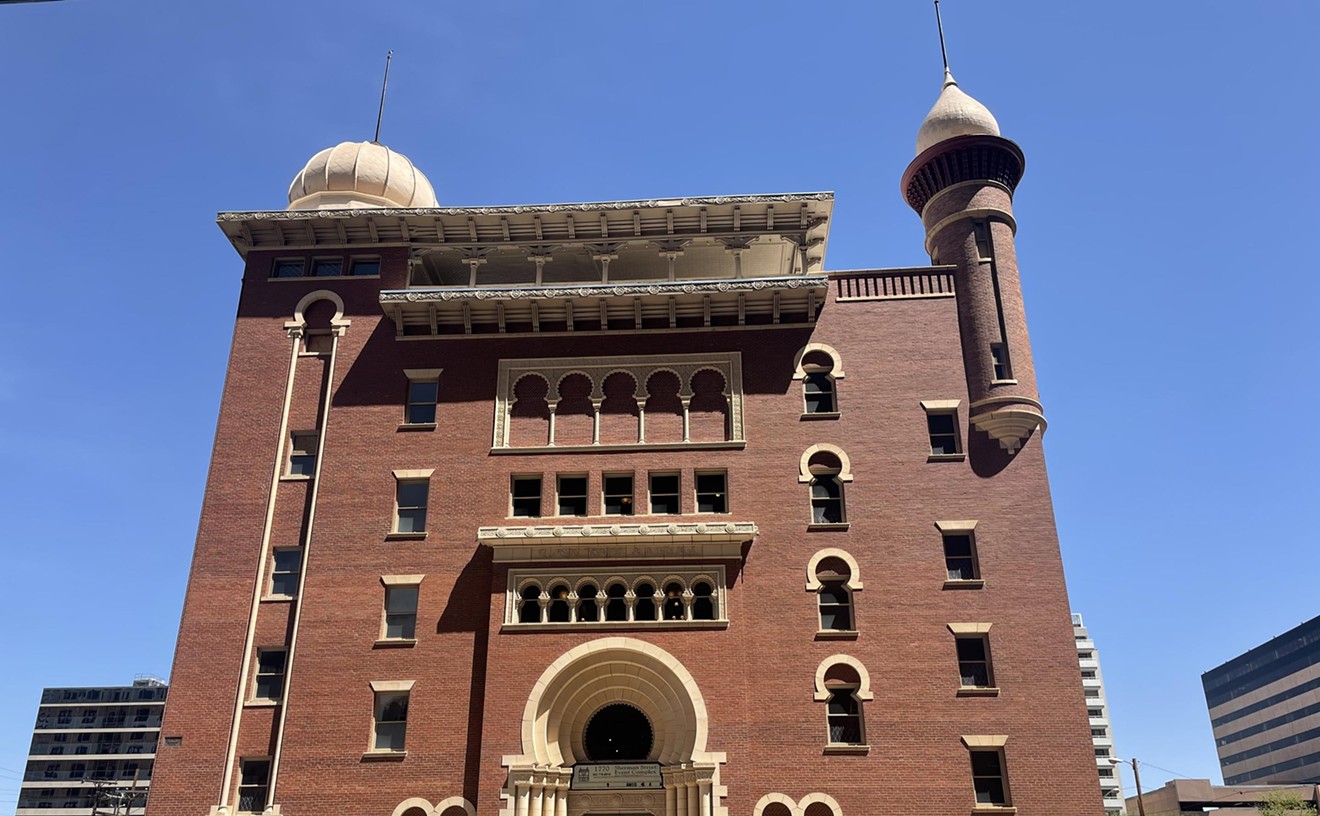The court's decision effectively snuffed out this avenue of attack. But as is clear from our recent item about Oklahoma panhandle lawmen on the lookout for marijuana, the powers that be in the two states remain adamantly opposed to Colorado's cannabis laws.
Now, they've found a new approach. The states have reportedly asked to join a compendium of lawsuits originally filed in 2015 and covered in this space.
First, in February, came a pair of suits pushed by Washington, D.C.-based Safe Streets Alliance, which represented a property owner who felt that a legal pot grow makes horse riding in the area less pleasant and the owner of a Frisco-based Holiday Inn.
Then, in March, another suit was pressed by a group of sheriffs from Colorado, Kansas and Nebraska. The frontman for the latter effort was Larimer County Sheriff Justin Smith, who was among the faces of an unsuccessful suit put forward in 2013 on a different topic: Colorado's gun laws.
The documents are on view below.
Among the plaintiffs in the initial suits were Phillis Windy Hope Reilly and Michael P. Reilly, a married couple who own three lots in a development called the Meadows at Legacy Ranch — "approximately 105 acres of beautiful rolling pasture with sweeping mountain vistas that include views of Pike's Peak," one of the suits notes. And while they don't actually live on the land, they like to visit there on the weekends so that their kids can ride horses and hike.
A marijuana grow is adjacent to the Reillys' property, at 6480 Pickney Road — and that's a problem, the suit maintains, because "growing recreational marijuana is 'noxious, annoying or offensive activity' by virtually any definition because marijuana plants are highly odorous, and their offense smell travels long distances." Hence, the suit maintains that the grow violates assorted covenants governing Meadows at Legacy Ranch, thereby impinging on their ability to enjoy their land as they'd like.
On top of that, the site of a building under construction on the grow site "exacerbates the injury, for when the Reillys and their children visit the property, they are reminded of the racketeering enterprise next door every time they look to the west."
The suit also maintained that the grow has hurt property values — plus, "the large quantity of drugs at marijuana grows makes them targets for theft, and a prospective buyer of the Reillys’ land would reasonably worry that the 6480 Pickney Road marijuana grow will increase crime in the area."
Note that this was all speculative. There was no documentation in the lawsuit to show that the Reillys or any of their neighbors had been victims of crimes as a result of the grow's proximity to their land or that the value of their property has plummeted as a result.
The second SSA suit named as a co-plaintiff New Vision Hotels Two, listed as the owner of the Holiday Inn in Frisco — and the complaint was aimed against the Medical Marijuana of the Rockies dispensary and grow, which hadn't opened when the suit was filed and isn't currently in operation. The dispensary's Facebook page, which features this profile pic....
...lists the business as "permanently closed," and this message is reiterated in a voice-mail greeting on the shop's still operational phone line.
Nonetheless, the document pointed out that the shop was expected to be located less than 75 yards from the hotel's front entrance before explaining why this was an issue:
Running a hotel in such close proximity to a recreational marijuana operation would be problematic under any circumstances, but New Vision’s injuries are especially acute because many of its guests are youth ski teams and families with children. The parents and coaches of the youth ski team members on whom New Vision relies for this important business are especially sensitive to the presence of recreational marijuana operations. Many parents and coaches will avoid booking with a hotel that is within a short walking distance and direct sight of a recreational marijuana store and grow facility.The complaint added that "booking agents for two high school ski teams that have stayed with New Vision each of the past several years have said that their teams will not return to the hotel this year due to Defendants' marijuana operations. Last year alone, those two teams were responsible for approximately $50,000 in revenue for the hotel."
Supposedly, "additional ski teams are likely to decide not to return after they learn of Defendants' nearby recreational marijuana operations," too.
After the second suit was made public, the Marijuana Policy Project called for a boycott of Holiday Inns over the complaint.
As for the sheriffs' lawsuit, here's a paragraph from the introduction to the lawsuit, seen below in its entirety.
Amendment 64 pursues only one goal – legalization of marijuana — a goal which is diametrically opposed to the many objectives which Congress has established, and repeatedly reestablished, for the United States’ anti-drug policy and practice for marijuana as a controlled substance. If allowed to continue in effect, Amendment 64’s legalization and commercialization scheme will conflict with and undermine the federal government’s careful balance of anti-drug enforcement priorities and objectives. It will permit and enable at least hundreds — if not many thousands — of marijuana cultivation, distribution, sales, and consumption operations. It will permit and enable vast quantities of marijuana with a commercial value of billions of dollars to be placed into commerce. It will directly conflict with express federal policy which prohibits entirely the possession and use for any purpose of certain controlled substances, including marijuana products. Finally, it will interfere with vital foreign policy interests by disrupting the United States’ relationship with other countries which have entered into treaties and protocols with the United States to control trafficking in marijuana and other controlled substances.What's the current status of the various suits? According to the Denver Post, they were dismissed by a federal judge earlier this year. However, the plaintiffs are appealing at the 10th U.S. Circuit Court of Appeals in Denver after consolidating their beefs into a single complaint — and earlier this month, Nebraska and Oklahoma asked to join in.
Thus far, the appeals court hasn't ruled on this request. But the mere fact of its existence suggests that Oklahoma and Nebraska remain committed to gutting Colorado's marijuana laws by any means necessary.
Continue to read the two Safe Streets Alliance complaints and the one from the sheriffs group.
Safe Streets Alliance v. Alternative Holistic Healing
Safe Streets Alliance v. Medical Marijuana of the Rockies
Sheriff Justin Smith Marijuana Lawsuit











